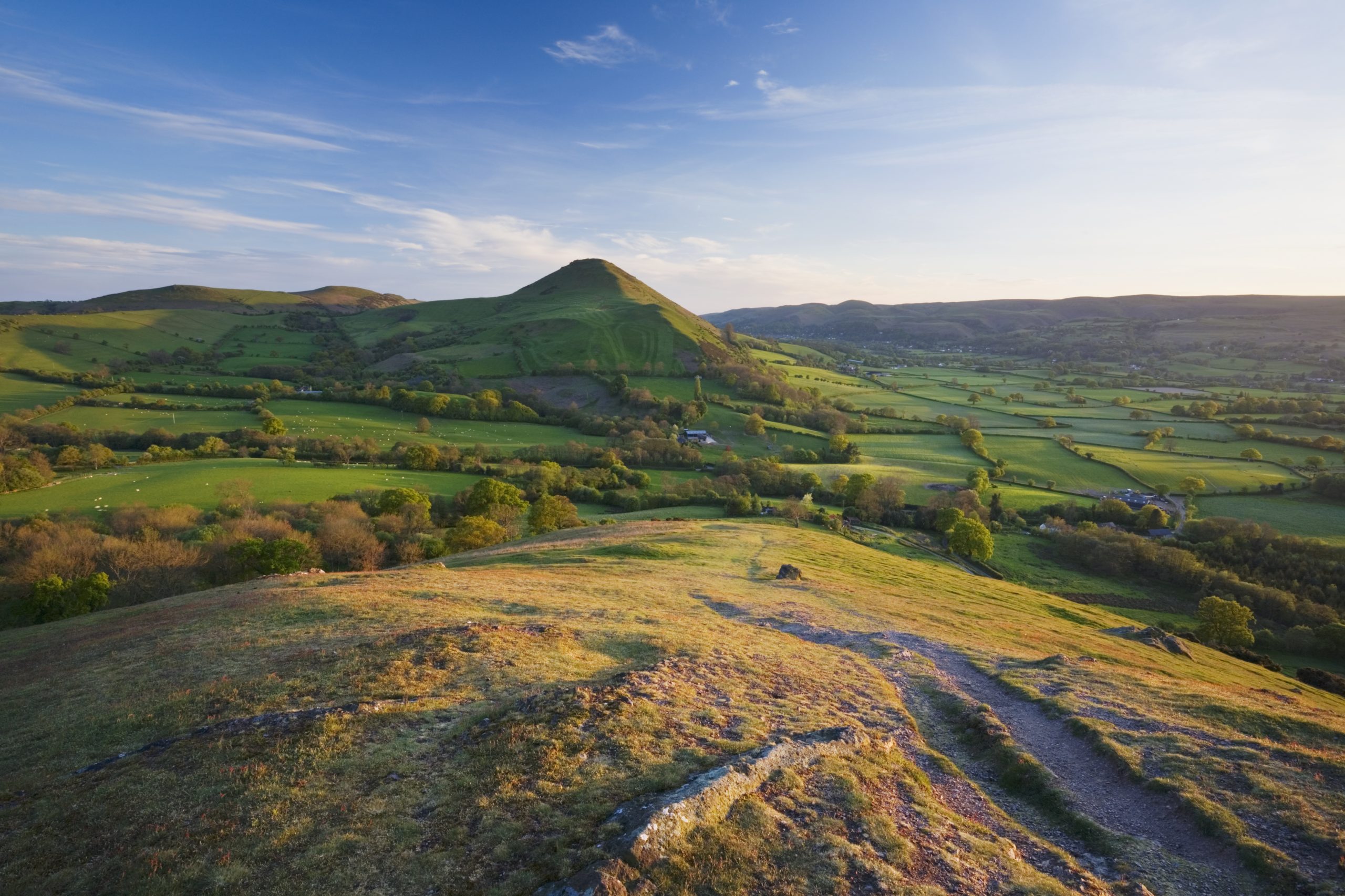A £150 million, 10-year programme to help save the countryside: 'Our job is to give money away to do good things'
Lottery funding is now being used to benefit Nature with a new 10-year programme. Annunciata Elwes reports.


Exquisite houses, the beauty of Nature, and how to get the most from your life, straight to your inbox.
You are now subscribed
Your newsletter sign-up was successful
On Monday, the National Lottery Heritage Fund (NLHF) — which marks its 30th anniversary this year — launched a 10-year initiative to benefit Nature recovery with a pot of £150 million. Termed Landscape Connections, the programme hopes to boost rural economies, enhance landscapes and connect people who might work together, particularly within and around the UK’s protected landscapes.
‘There is much discussion about the need to increase biodiversity in protected landscapes,’ explains Julian Glover, NLHF trustee, chair for the Midlands and East region and author of the pivotal 2019 Landscapes Review, ‘and we want to connect the dots. The first thing is to have long-term funding. Normally, with such funding, it’s year by year and it’s hard to think of connected activity in this way. That’s why this is a 10-year programme. It means stakeholders can develop proper plans and bring everyone together. With £150 million, we envisage funding about 20 projects of some £7 million–£8 million each, but it’s not set in stone.’
As well as large-scale issues, such as accessibility and biodiversity, more specified improvements are expected — hedges, stone walls, footpaths and wetlands, for instance. The new scheme will not replace existing ones, such as Farming in Protected Landscapes or Environmental Land Management, but it will be ‘more flexible’. Although applications need to be from a not-for-profit body, ideally a National Park or National Landscape authority, ‘it’s not about big organisations and farmers are still part of it,’ adds Mr Glover. ‘We’d like to see more of the thinking behind Farmer Clusters — the GWCT has had a lot of success there — we want people to come together. One thing the NLHF has always done well is support staged development. People aren’t expected to know every cost at the start.’
"We want people to tell us what they want, not us to tell them. Our job is to give money away to do good things"
Any funding for Nature restoration is welcome, says Countryside Alliance chief executive Tim Bonner, ‘but we would be very keen to ensure that this is about the preservation of working, managed landscapes. Essentially, this can’t be a fund to promote rewilding projects, which could take significant amounts of land out of agricultural production and remove working families. Sustainability isn’t only about the environment. It’s not just about rural communities and not just about the rural economy. It’s got to be about all those things together. We will not deliver Nature recovery unless we are engaging fully with those countryside communities — this sounds like a good opportunity to do this.’
In terms of box ticking, ‘we keep it pretty simple,’ adds Mr Glover. ‘We need to make sure money is spent well and that we can trace where it goes. The strategy is to save heritage, protect the environment, involve people and not go bust. We want people to tell us what they want, not us to tell them. Our job is to give money away to do good things.’
Recent case studies of the sort of projects the fund could cover include £2.3 million awarded to 25 partners to protect the species-rich upland commons of Dartmoor, the Yorkshire Dales, Lake District and Shropshire Hills National Landscape, working with hill farmers and including conservation, apprenticeship schemes and training volunteers to survey wildlife. Another was a five-year scheme in Northern Ireland, with £3.4 million awarded to the Binevenagh and Coastal Lowlands Landscape Partnership to improve management and connect people, from surfers to anglers, cyclists to hang-gliders, with its Napoleonic defence features. Visit www.heritagefund.org.uk for more.
Exquisite houses, the beauty of Nature, and how to get the most from your life, straight to your inbox.
Annunciata is director of contemporary art gallery TIN MAN ART and an award-winning journalist specialising in art, culture and property. Previously, she was Country Life’s News & Property Editor. Before that, she worked at The Sunday Times Travel Magazine, researched for a historical biographer and co-founded a literary, art and music festival in Oxfordshire. Lancashire-born, she lives in Hampshire with a husband, two daughters and a mischievous pug.
